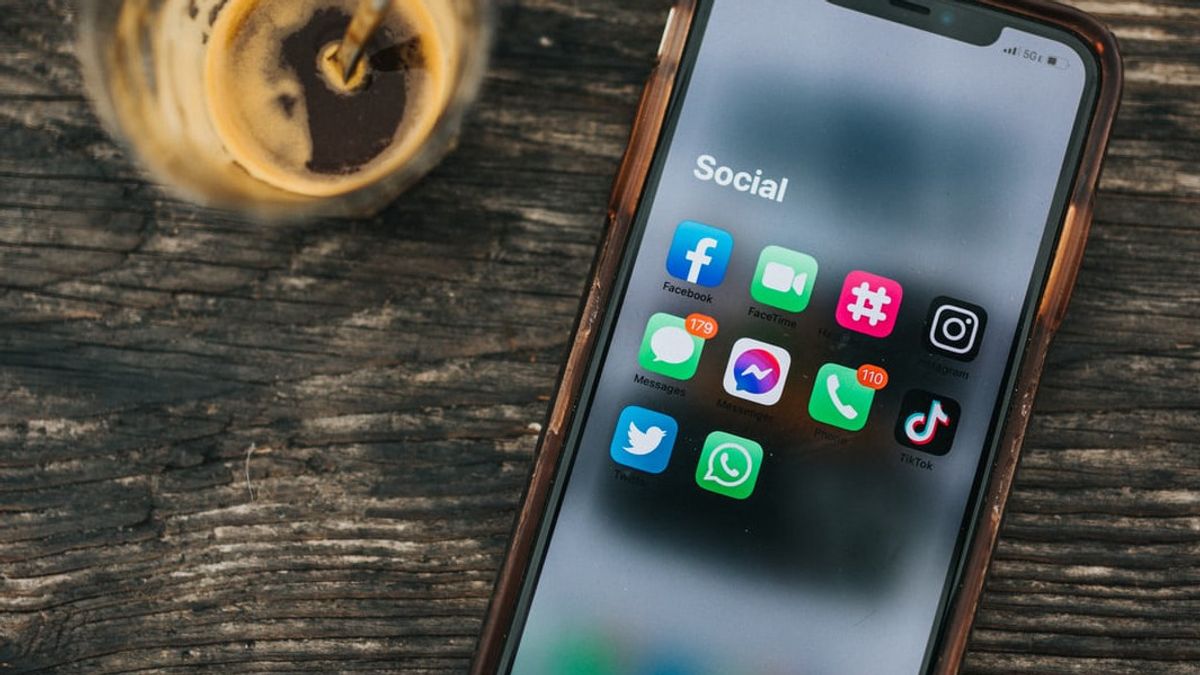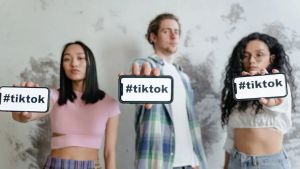JAKARTA - The use of social media in Asia Pacific continues to increase throughout the year. In fact, many of them are fake accounts scattered on social media.
Kaspersky noted that at least 3 out of 10 social media users in Asia Pacific claim to have social media profiles without real names, photos, and personal identification information (PII), aka fake accounts.
The survey was conducted by Kaspersky in his Digital Reputation research, to 1,240 respondents in various regions, last November. The result is that users of anonymity accounts are most used in Southeast Asia at 35 percent, followed by South Asia at 28 percent and Australia at 20 percent.
Interestingly, nearly half, or 49 percent to be precise, of the respondents stated that they use anonymous accounts to take advantage of free speech without affecting their reputation. Meanwhile, another 48 percent want to express their secret interests and interests without being noticed by their friends or family.
"Meanwhile, more than a quarter of 34 percent also use anonymous accounts to oppose someone's arguments or online news without using real identities," said General Manager of Kaspersky Southeast Asia, Yeo Siang Tiong in his official statement, Wednesday, December 9.
According to him, the reason people use fake accounts is to guard their activities on social media. But only a fraction or less than 3 percent use anonymous accounts to fend off spam emails from real accounts, avoid doxing, serve as an alternative to other purposes such as playing games and prevent external parties from having access to their real email accounts.
Meanwhile, the platforms most used by users who want to maintain their identity are Facebook (70 percent), YouTube (37 percent), Instagram (33 percent), and Twitter (25 percent).
"Overall, the crux of these findings is that consumers in Asia Pacific are increasingly aware of the reputations they build online and the importance that reputation has for their real lives," he said.
To Increase Business ReputationOn the other hand, Kaspersky found the rampant use of anonymous accounts to avoid bad ratings from online stalls. Increase the reputation of your online store by presenting fake reviews and feedback that will allow users to buy or use their services.
"From the original goal of building connections with friends and family, social media has evolved and will continue to evolve in an unprecedented way. It has played a key role in the way we socialize and identify with each other, but now, we have come to a crossroads. the way in which the virtual profiles of individuals and companies are used as parameters for an evaluation or assessment, "he explained.
In addition, 38 percent also stopped using the company's products or brands after being involved in some kind of online crisis. Nearly half or about 41 percent said that the brand's endorsement reputation also influenced their view of the brand.
In conclusion, digital reputation is now very much considered when making a decision. Whether it's an individual or a business, digital reputation is increasingly being built as important as reputation in real life.
The English, Chinese, Japanese, Arabic, and French versions are automatically generated by the AI. So there may still be inaccuracies in translating, please always see Indonesian as our main language. (system supported by DigitalSiber.id)













